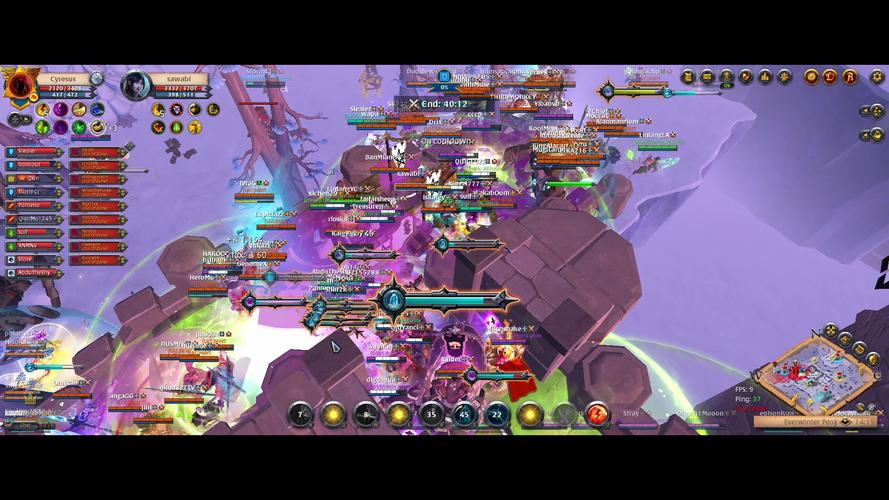
Have you ever wondered about the world of online paid games? These digital realms have become a significant part of our lives, offering entertainment, social interaction, and even career opportunities. In this article, we will delve into the various aspects of online paid games, exploring their history, types, revenue models, and impact on society.
History of Online Paid Games
Online paid games have a rich history that dates back to the early days of the internet. One of the first notable examples is “MUD” (Multi-User Dungeon), which was created in the late 1970s. Over the years, the genre has evolved, with games like “Ultima Online” and “EverQuest” paving the way for the modern MMORPGs (Massively Multiplayer Online Role-Playing Games) we know today.

Types of Online Paid Games
Online paid games come in various forms, catering to different interests and preferences. Here are some of the most popular types:
-
MMORPGs: These games feature large, persistent worlds where players can create characters, complete quests, and interact with other players. Examples include “World of Warcraft” and “Final Fantasy XIV”.
-
MMOFPS: A combination of MMORPG and FPS (First-Person Shooter) elements, these games offer a more action-packed experience. “Warframe” and “EVE Online” are notable examples.
-
MOBA (Multiplayer Online Battle Arena): These games focus on team-based combat and strategy. “Dota 2” and “League of Legends” are the most popular MOBAs.
-
Online Casino Games: These games offer a chance to win real money while playing virtual casino games. Examples include “PokerStars” and “888poker”.
Revenue Models
Online paid games employ various revenue models to generate income. Here are some of the most common ones:
-
Pay-to-Play: Players pay a one-time fee to access the game. This model is often used for indie games and smaller studios.
-
Subscription Model: Players pay a monthly or yearly fee to access the game and its features. This model is popular among MMORPGs and some MOBAs.
-
Free-to-Play with Microtransactions: Players can access the game for free, but they can purchase in-game items, cosmetics, or other enhancements using real money. This model is widely used in mobile games and some PC games.
-
Freemium Model: Players can access the basic game for free, but they can purchase additional content, features, or services using real money. This model is popular among mobile games and some PC games.
Impact on Society
Online paid games have had a significant impact on society, both positive and negative. Here are some of the key points:
-
Positive Impact:
-
Entertainment: Online paid games provide a source of entertainment for millions of people worldwide.
-
Social Interaction: These games allow players to connect with others, forming friendships and communities.
-
Career Opportunities: The gaming industry has created numerous job opportunities, from game development to marketing and event management.
-
-
Negative Impact:
-
Addiction: Some players may become addicted to online paid games, leading to neglect of real-life responsibilities.
-
Expenditure: The cost of purchasing in-game items and subscriptions can be significant, leading to financial strain for some players.
-
Privacy Concerns: Online paid games often require players to provide personal information, raising privacy concerns.
-
Conclusion
Online paid games have become an integral part of our lives, offering a wide range of entertainment and social experiences. While they have their downsides, the positive impact they have on society cannot be ignored. As the gaming industry continues to grow, it is essential to strike a balance between enjoying these games and maintaining a healthy lifestyle.



